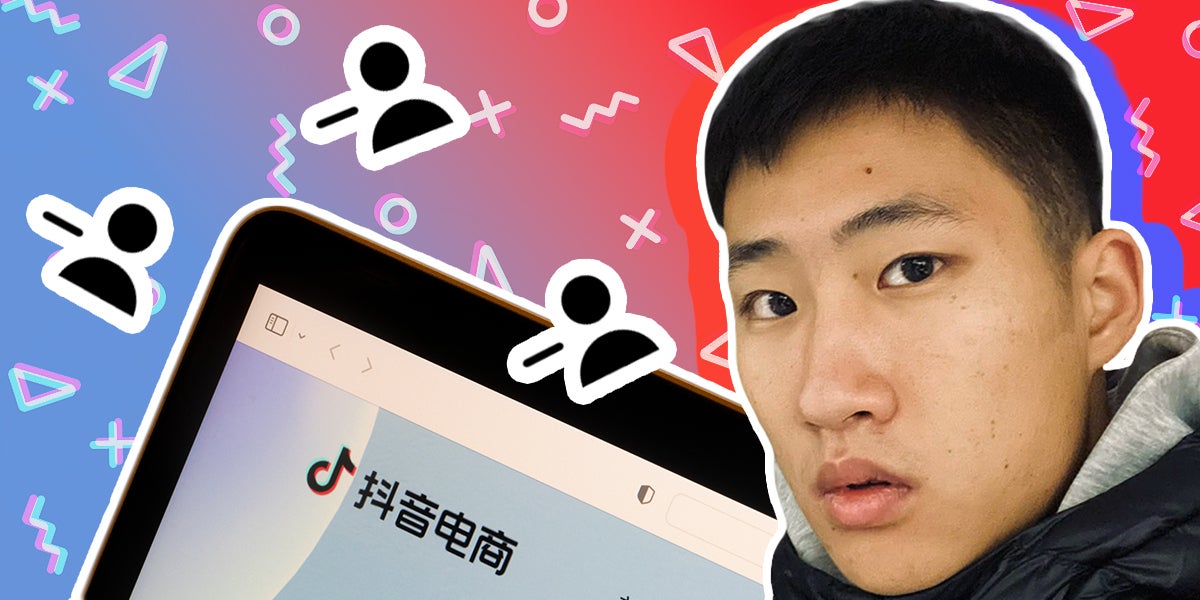
In October, Yu Wenliang, a university student in eastern China’s Shandong province, grew his number of followers from fewer than 100,000 at the beginning of the month to 3.8 million at the end of the same month. The growth was thanks in large part to videos Yu released on the Chinese social media platform Douyin featuring his daily activities: eating, playing football, riding a bicycle, shaving, and attending classes.
Yu was known for refusing to endorse products in his videos. But earlier this week, per an article in The South China Morning Post, Yu made comments on a live stream agreeing with another creator about how live-streaming “sessions were all about quan qian,” which literally means “raising money by setting a trap to cheat innocent investors.”
“‘You are so real!” Yu said in front of his audience. “You just said what I think.”
The comments lost Yu more than 700,000 followers in the weeks following his comments. Following the incident, Yu released a statement saying his comments were made “for fun.” He added, “I shall bear all the consequences. I tried to make money online for family reasons. It’s not convenient for me to explain it right now.”
Yu shouldn’t have to explain why he tried to make money. He is, after all, a creator, and content creation is a job that should, but often doesn’t, offer a sustainable living.
That said, the episode brings into focus a more pressing issue in the creator economy. That of perceived creator “authenticity.” Simply put, what does it mean to be authentic in the influencer ecosystem?
Search “influencer authenticity” on Google, and you’ll find link after link about the “magic of influencer authenticity.” Most of the links can be sourced back to creative agencies offering their expertise or analysis on the subject. Others are guides from various publications suggesting ways to cultivate said authenticity as a means to making a living as a creator. It’s safe to say that it’s a well-known marketing tactic. And it’s why brands are more likely to tap influencers than celebrities to promote their products.
But what does it even mean to be authentic online? According to communications and language professors Maureen Ebben and Elizabeth Bull, the construction of authenticity by social media influencers entails a range of communicative strategies.
In their chapter on “Constructing Authenticity: Social Media Influencers and the Shaping of Online Identity,” Ebben and Bull suggest that those strategies can be summed up into two main categories. The first, “influencer interactivity,” means the more often a creator posts content, the more they can expect to cultivate an emotional attachment with their audience that helps promote their perceived authenticity.
The second is “exhibiting their expertise on a subject.” Both strategies, according to Bull and Ebben, can help a creator cultivate a parasocial relationship with followers that helps them establish a personal connection with their fans.
Herein lies the issue. This relationship is one-sided. It creates a distorted reality for the viewer who expects the creator to behave a certain way: the way they’re perceived.
Step outside those lines and you’ll find yourself in Yu’s shoes. Losing followers by the hundreds of thousands, overnight. It’s a stark reminder of how quickly fans can turn on their idols. It’s also a great disservice to creators who are genuinely just trying to make a sustainable living posting content.




